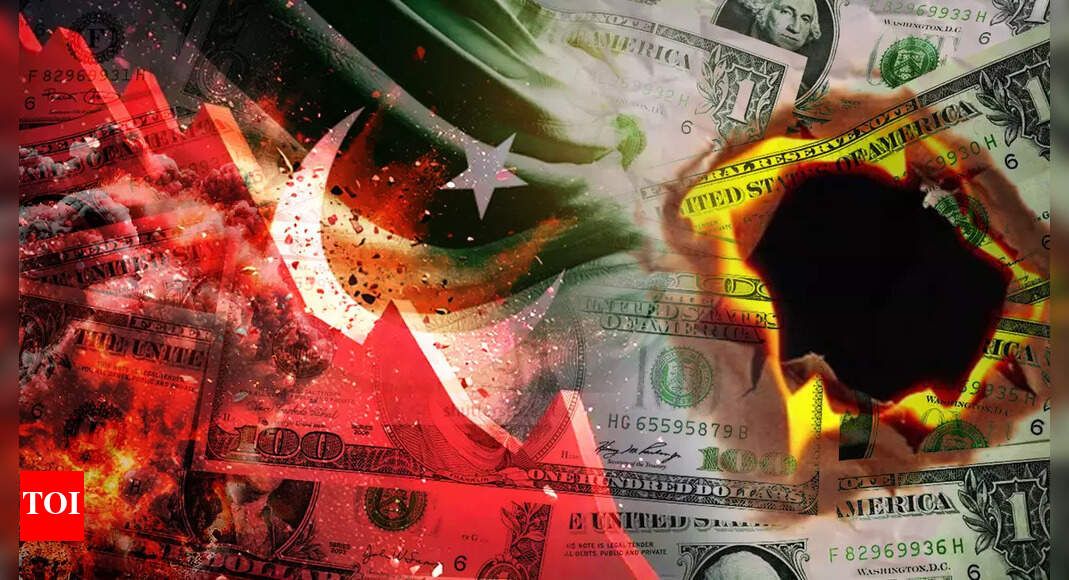India Tightens Noose on Pakistan with Economic Measures Amid Tension

New Delhi: India has announced several economic and strategic measures against Pakistan, aimed at crippling its struggling economy, following the recent ceasefire between the two nuclear-armed nations.
The list of actions includes suspending the Indus Waters Treaty, banning direct and indirect trade, shipping services, and parcel exchanges with Pakistan. The moves are expected to have a significant impact on Pakistan's already fragile economy.
In an address to the nation after the India-Pakistan ceasefire, Prime Minister Narendra Modi warned Pakistan that "terror and talks cannot go together" and "water and blood cannot flow together." His message was clear: India will continue its punitive economic actions against Pakistan.
The Indus Waters Treaty is a crucial international water-sharing agreement between India and Pakistan, signed in 1960. With the treaty suspended, it will significantly impact Pakistan's agriculture, industry, and urban life, which relies heavily on the Indus River system for irrigation and water supply.
According to Indian authorities, Pakistan depends on the shared waterways for 80% of its agricultural output, accounting for a quarter of its GDP. Any disruption in water flows threatens catastrophic losses in crops, food shortages, water rationing in major cities, and rolling blackouts that would cripple industries like textiles and fertilizers.
India has also planned four new power projects to effectively utilize water from the western rivers through associated reservoirs, enhancing its hydroelectric generation capacity by 6000 MW. The move is expected to benefit the Union Territory of Jammu & Kashmir and neighboring states but will incur a significant recurring cost for Pakistan.
The Directorate General of Foreign Trade (DGFT) has also banned imports from Pakistan with immediate effect, citing a ban on all goods originating in or exported from Pakistan. This comprehensive ban is likely to hit Pakistani exports severely, as reports indicate that goods worth $500 million are currently entering India through alternative nations.
The Indian government has also implemented restrictions on Pakistani-flagged vessels and ships carrying the Indian flag from entering each other's ports. The measures aim to ensure safety of assets, cargo, and connected infrastructure in public interest.
Pakistan is already reeling under a protracted economic crisis and may not be able to afford a prolonged conflict with India. As tensions between the two nations continue to escalate, analysts argue that New Delhi's punitive economic measures will push Pakistan to the brink of disaster.
